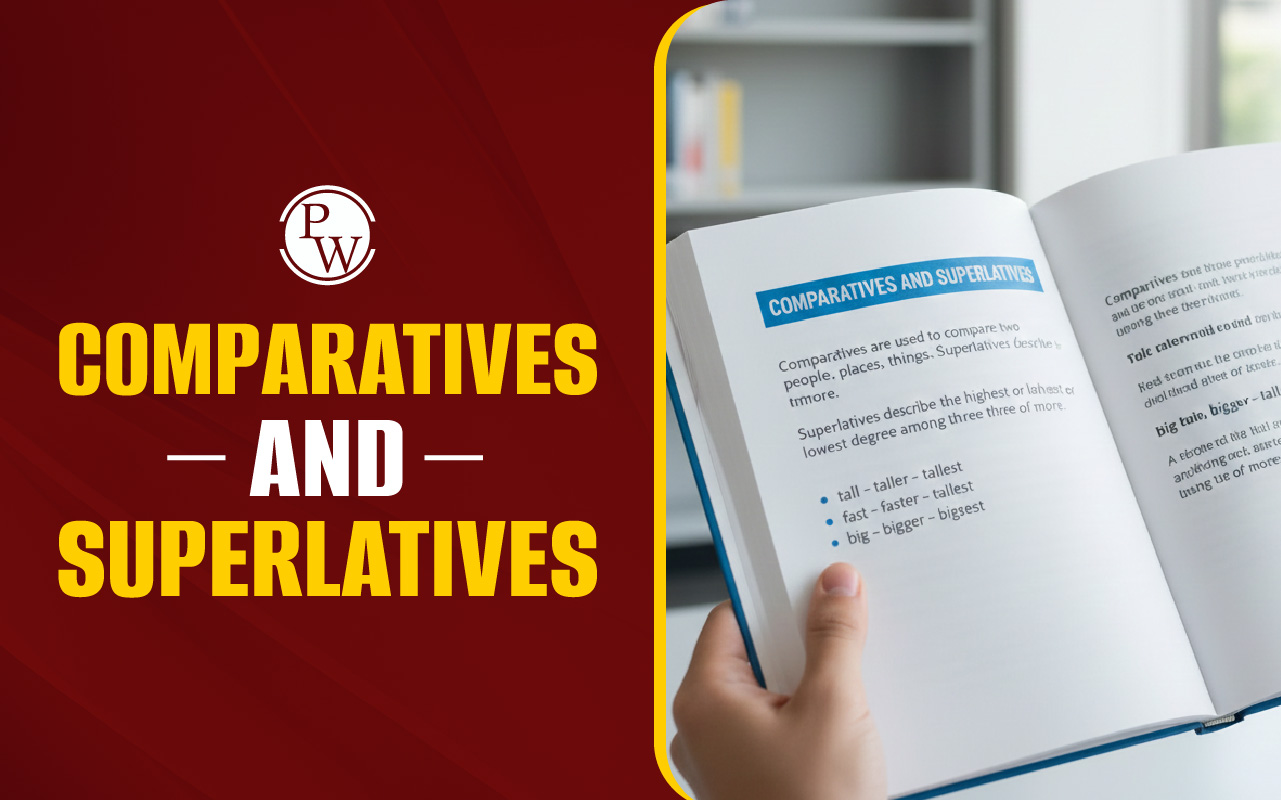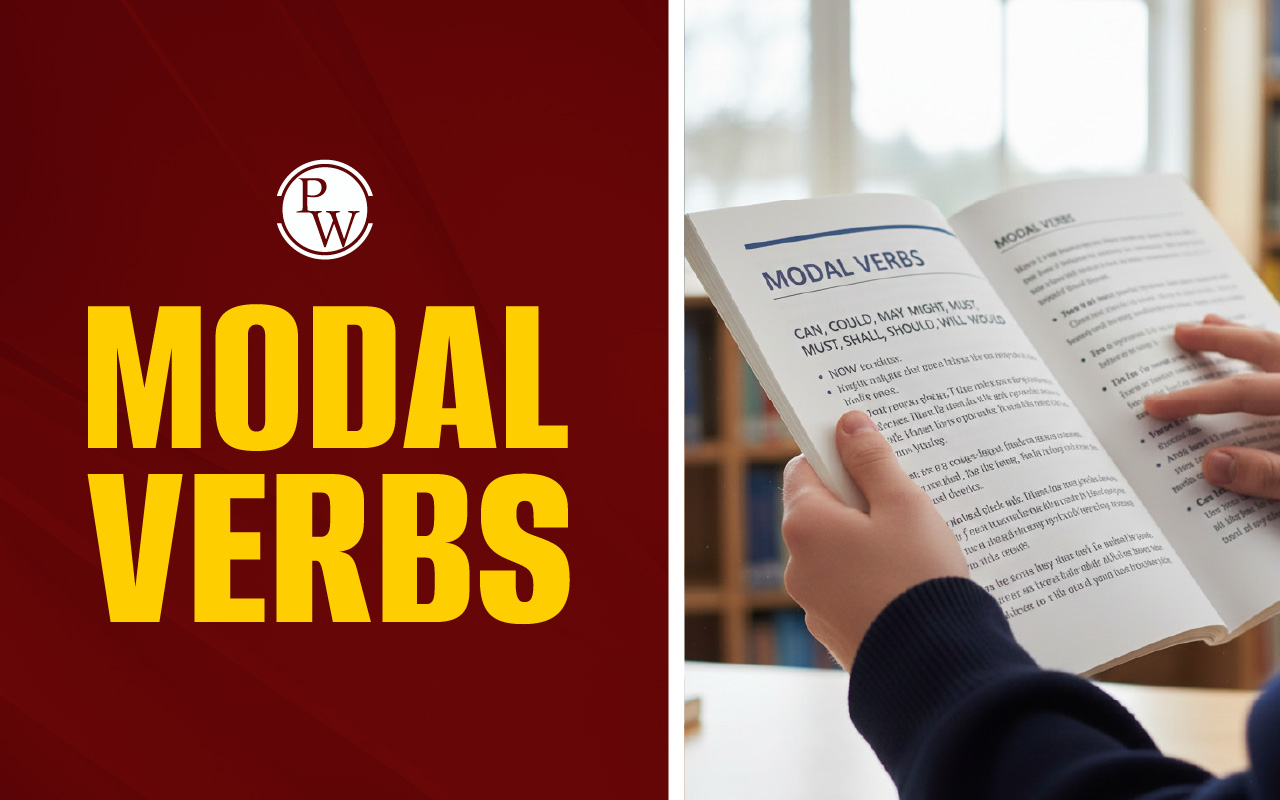
Describe a Situation When You Were Late IELTS Cue Card: In the IELTS Speaking test, candidates are often asked to describe situations from their life that can reflect their personal experiences, and one of the common prompts is "Describe a situation when you were late." This is a cue card that aims to evaluate the candidate’s ability to speak fluently about past events, their vocabulary usage, and how effectively they can narrate their thoughts.
Click Here to Explore IELTS Online Courses
In this article, we will look into how you can structure your response for this cue card, share tips on how to answer the question well, and provide an example response that adheres to the IELTS speaking guidelines.Check:-
Understanding the "Describe a situation when you were" late Cue Card
The IELTS Speaking cue card typically provides a topic that you need to elaborate on for 1-2 minutes. For the prompt "Describe a situation when you were late," you are expected to recount a specific situation where being late played a significant role. The prompt may include the following sub-questions:- When was it?
- Why were you late?
- How did you feel about being late?
- What was the outcome of the situation?
Also Check:
- Describe an Actor or Actress Whom You Admire
- Describe a Piece Of Good Advice That You Gave To Someone
- Describe A Foreigner Who Speaks Your Native Language Very Well
- Describe a successful person who you once studied or worked with
- Describe an Achievement/Success You Are Proud Of
- Describe a game, not sport you enjoyed as a child
- Describe a movie you watched recently
- Describe a Song or a Piece of Music You Like
- Describe an important decision you made with the help of others
- Describe a happy childhood memory you remember
1. When was it?
Start your response by mentioning the date, time, or event when you were late. This provides the listener with the context of the situation. If possible, try to be specific about the time and date, such as "It was during the winter of 2023" or "It was on a Tuesday morning." Example:- "It was last month, during the peak of the holiday season, when I was late for an important meeting."
2. Why were you late?
This is an essential part of the story. You should describe the reason for your tardiness, making sure it’s clear and relatable. Whether it was due to external factors, like traffic or public transport delays, or internal factors, such as personal mistakes or mismanagement of time, be honest and provide enough detail. Example:- "I was late because there was a major traffic jam caused by an accident on the highway. Despite leaving early, I was stuck in a standstill for almost an hour."
- "I had mistakenly set my alarm for PM instead of AM, and I woke up much later than I was supposed to. By the time I realized, I had to rush."
3. How did you feel about being late?
This section requires you to express your emotions and provide some insight into how being late affected you. Focus on your feelings of stress, frustration, embarrassment, or regret. These emotions help paint a clear picture of the impact of being late. Example:- "I felt extremely anxious and stressed because the meeting was quite important, and I knew my tardiness might have affected my reputation with my colleagues."
- "I felt guilty and disappointed in myself. I always strive to be punctual, and this was an unusual situation where everything went wrong."
4. What was the outcome of the situation?
Conclude your story by explaining what happened after you arrived late. Did you apologize? How did the situation resolve itself? Was there any fallout from your lateness, or did you manage to salvage the situation? Example:- "Fortunately, the meeting hadn’t started yet, so I was able to explain my situation and apologize. My manager was understanding, and everything went smoothly in the end."
- "Unfortunately, my delay caused some inconvenience. I was reprimanded for not planning better, and it made me realize how important it is to be mindful of time."
Also Check:
- Describe a Course that You Want to Learn
- Describe a polluted place
- Describe a person you love/like/admire
- Describe an old person you admire
- Describe a Famous Person You Would Like to Meet
- Describe a person who is helpful to others
- Describe A Time When Someone Apologized to You IELTS Cue Card
- Describe a time when you got lost IELTS Cue Card
- Describe a Park or Garden in Your City IELTS Cue Card
- Describe an exciting activity that you experienced with someone else
Structuring the Answer for Describe a situation when you were late IELTS Cue Card
To help structure your response effectively, here’s a suggested breakdown for your answer:| Part | Content |
|---|---|
| Introduction | Briefly introduce the situation (when and why you were late). |
| Reason for being late | Explain the specific cause of the delay (traffic, alarm failure, personal mistakes, etc.). |
| Feelings | Describe your emotional response to the situation (stress, guilt, etc.). |
| Outcome | Explain what happened after the situation and how it was resolved or how you dealt with it. |
| Conclusion | Wrap up your story, possibly including lessons learned or how you have adapted since then. |
Vocabulary to Use for " Describe a situation when you were late IELTS" Cue Card
When preparing for the IELTS Speaking test, it's essential to use a wide range of vocabulary to express yourself effectively. Here are some useful phrases and words for answering this cue card:- Tardiness : The quality or fact of being late.
- Delays : A situation where something is held back or postponed.
- Missed the bus/train/flight : If your transportation didn’t arrive on time.
- Traffic jam : A situation where vehicles are stuck due to congestion on the roads.
- Punctuality : The quality of being on time.
- Regretful : Feeling sorry or disappointed about an event.
- Apologize : To express regret for being late or causing inconvenience.
- Inconvenience : A situation that causes difficulty or delay.
Also Check:
- Describe a Time You Were Very Busy
- Describe Your Dream House
- Describe A Popular/Well Known Person In Your Country
- Describe your favourite Singer
- Describe an invention changed the peoples life
- Describe your first day at school
- Describe an Exciting Book That You Enjoy Reading
- Describe an Interesting Conversation That You Had
- Describe A Difficult Thing You Did
- Describe a Cafe You Like To Visit
Example Response
Let’s now take a look at an example of a detailed response to the cue card "Describe a situation when you were late":Example Response:
"One instance when I was late happened about two months ago, on the morning of an important work meeting. I had an early presentation scheduled with a client, and I knew how crucial it was to be on time. I had set my alarm for 7:00 AM, but due to a technical glitch, it never went off. I woke up at 8:30 AM, nearly an hour and a half later than I had planned. I immediately panicked because I knew I couldn’t afford to be late for such an important meeting. I quickly dressed, grabbed my things, and rushed out the door, hoping I would still make it in time. Unfortunately, the rush hour traffic didn’t help either, and I was stuck in a massive traffic jam caused by an accident on the highway. Despite my best efforts, I finally arrived at the office around 10:00 AM, which was 45 minutes after the scheduled start time.Also Check:
I felt so embarrassed and regretful for not planning better. I had let my team down, and I was worried that my tardiness would affect the impression I made on the client. However, when I walked into the room, the client was still waiting, as they had been delayed too. I apologized sincerely to everyone, and they were understanding about the situation. In the end, the meeting went well, and I was able to present successfully. Still, I learned an important lesson about checking my alarm settings and allowing extra time for possible delays. After this experience, I’ve become much more mindful of being punctual and preparing for unforeseen circumstances."Key Takeaways
To summarize, here are the key takeaways that will help you effectively tackle the IELTS Speaking cue card on being late. By focusing on these essential points, you can structure your response clearly and present your story in a coherent and engaging manner.- Be Honest : Always share the real reason for being late. Honesty will make your story more authentic.
- Express Emotions : Talk about how you felt during the situation to showcase your emotional range and speaking skills.
- Use Clear Structure : Follow a logical structure—start by describing the event, move to the reason for being late, share how you felt, and finally, discuss the outcome.
- Avoid Overcomplicating the Situation : Keep the story simple and clear. Too many details can confuse the listener.
Describe a Situation When You Were Late IELTS Cue Card FAQs
Q1. What does the IELTS cue card "Describe a situation when you were late" ask for?
Ans. You need to narrate an experience of being late, explaining when it happened, why you were late, how you felt, and the outcome.
Q2. How can I structure my answer for this cue card?
Ans. Start with the event and timing, explain the reason for being late, describe your emotions, and conclude with what happened afterward.
Q3. How long should my response be?
Ans. Aim to speak for 1-2 minutes, providing a clear and detailed response while covering all sub-questions.
Q4. What kind of situations can I describe?
Ans. You can talk about being late for work, school, a meeting, a social event, or even catching a bus, as long as it’s relatable and structured well.
Q5. What vocabulary should I use to describe being late?
Ans. Words like "tardiness," "delays," "traffic jam," "overslept," "punctuality," "apologize," and "inconvenience" can enrich your answer.
Talk to a counsellorHave doubts? Our support team will be happy to assist you!

Free Learning Resources
PW Books
Notes (Class 10-12)
PW Study Materials
Notes (Class 6-9)
Ncert Solutions
Govt Exams
Class 6th to 12th Online Courses
Govt Job Exams Courses
UPSC Coaching
Defence Exam Coaching
Gate Exam Coaching
Other Exams
Know about Physics Wallah
Physics Wallah is an Indian edtech platform that provides accessible & comprehensive learning experiences to students from Class 6th to postgraduate level. We also provide extensive NCERT solutions, sample paper, NEET, JEE Mains, BITSAT previous year papers & more such resources to students. Physics Wallah also caters to over 3.5 million registered students and over 78 lakh+ Youtube subscribers with 4.8 rating on its app.
We Stand Out because
We provide students with intensive courses with India’s qualified & experienced faculties & mentors. PW strives to make the learning experience comprehensive and accessible for students of all sections of society. We believe in empowering every single student who couldn't dream of a good career in engineering and medical field earlier.
Our Key Focus Areas
Physics Wallah's main focus is to make the learning experience as economical as possible for all students. With our affordable courses like Lakshya, Udaan and Arjuna and many others, we have been able to provide a platform for lakhs of aspirants. From providing Chemistry, Maths, Physics formula to giving e-books of eminent authors like RD Sharma, RS Aggarwal and Lakhmir Singh, PW focuses on every single student's need for preparation.
What Makes Us Different
Physics Wallah strives to develop a comprehensive pedagogical structure for students, where they get a state-of-the-art learning experience with study material and resources. Apart from catering students preparing for JEE Mains and NEET, PW also provides study material for each state board like Uttar Pradesh, Bihar, and others
Copyright © 2025 Physicswallah Limited All rights reserved.
Get App









